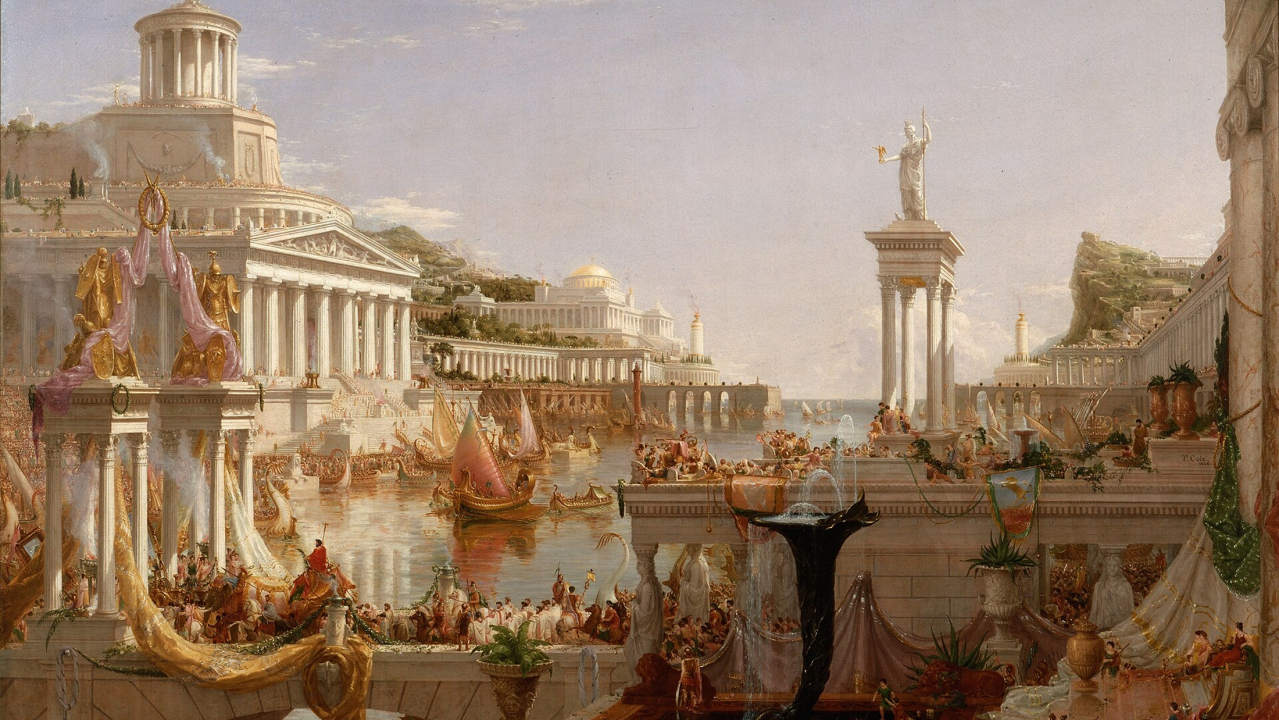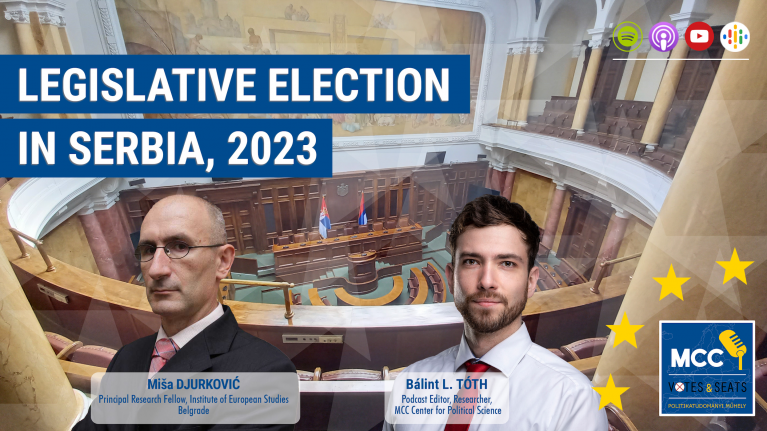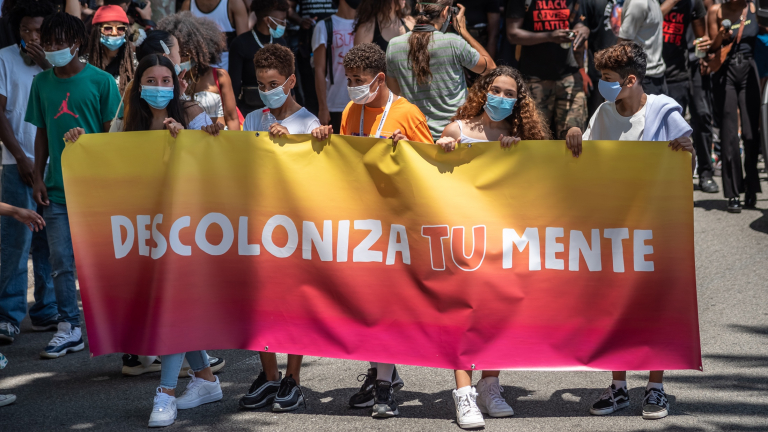Hannah Arendt considered education to be concerned with passing on society’s knowledge, ‘in order to admit new generations into already existing institutions and practices.’ Understood in this way, education is intrinsically connected to the past. Teachers have a responsibility to pass on knowledge of the past and knowledge from the past. They must have one foot in the present (to be aware of the capabilities and interests of their pupils) but also one foot in the past, with deep knowledge of the best that has been thought and said in their chosen subject which they are driven to conserve in the minds of the next generation.
The lessons adults convey about the past teach children about the world they have been born into. A connection to people born before us gives us a sense of belonging and affinity with our nation. Unfortunately, across the western world, the past is under attack. Cathedrals are used as fairgrounds or discos. Museums are ashamed of their artefacts. Educators look to ‘decolonise’ history by shifting to an international focus and dwelling on the sins of the nation.
Presentism and the tyranny of relevance
The Council of Europe has been concerned with history teaching since its foundation in 1949, initially worried that national history could promote patriotism. Schooling in general, and history teaching in particular, became driven by a perceived need to be immediately relevant to children’s lives. In 1972, the UK’s Schools Council History Project launched a curriculum based not on chronology but on topics. Lessons were to be relevant to pupils’ lives either because they centred on contemporary crises such as Northern Ireland and the Arab–Israeli conflict, or because they explored themes thought to be of interest to the young such as energy or medicine. The goal of history became to understand the present - not the past.
In 2018, the Council of Europe published Quality History Education in the 21st Century which makes clear that to be relevant, history should be ‘directly applicable to the personal aspirations, interests, or cultural experiences of students.’ This restricts students to their current preoccupations and turns history into a vehicle for fashionable political causes. Indeed, the document continues by noting that, ‘History education has an important role to play in confronting the current political, cultural and social challenges facing Europe.’
When history teaching is separated from the past it is rendered contentless. As a result, recent decades have witnessed a growing emphasis on skills rather than knowledge. One skill that has become central to history teaching is ‘empathy’. Quality History Education notes that: ‘Empathy is important … for enabling students to contribute to life in diverse democratic societies.’ Using pedagogy to prompt specific emotions is manipulative. Assessment suggests there are predetermined emotionally correct responses children are expected to demonstrate.
The politicization of the curriculum and the challenge to the nation state
From the 1970s onwards, universities moved towards ‘representative history’, that is, separate explorations of black history, women’s history or LGBT history. This identitarian approach filtered into schools and paved the way for more recent critical race theory-inspired movements to decolonise the curriculum. Meanwhile, concern with overly patriotic history morphed into suspicion with national history more broadly. By the late 1980s, driven by concern with challenges to the European Community posed by the reunification of Europe, the Council of Europe argued for a ‘European Dimension in History Teaching’ to promote closer integration and co-operation between the countries of Europe. History teaching was to create citizens with an explicitly European identity.
European identity was considered to be multicultural. The Council of Europe argued schools could promote multiculturalism through teaching topics such as ‘the historical causes and effects of migration’. Rather than being guided by a sense of chronology to select topics from one national history, history lessons were expected to teach multiple group histories played out on a global scale. Multiculturalism and representative history emphasise differences between people. In response, from the mid-1990s onwards, the Committee of Ministers recommended schools encourage pupils to see themselves as ‘citizens not only of their own region and country but also as citizens of Europe and of the wider world.’
To use identity as a lens for analysing history is to judge the past by the standards of the present. The European Parliament’s 2023 Committee on Culture and Education report on European Historical Consciousness notes that: ‘gender-, belief- and ethnicity-based injustices have been embedded in European history over many centuries … having consequences for Europe and the rest of the world.’ Past wrongs are exploited to the cause of European identity in the present in order to ‘build more inclusive societies’. This relentlessly negative view of the past leaves children alienated from a national story they associate only with shame. Without broad historical understanding, historical analysis becomes reduced to ‘sin spotting’.
From education as initiation to education as social engineering
In the absence of chronological knowledge, politicized values are imposed upon the history curriculum. Quality History Education provides a set of principles that students must develop. These include: valuing human dignity and human rights; valuing cultural diversity; valuing democracy, justice, fairness and equality as well as attitudes such as openness to other beliefs, world views and practices and tolerance of ambiguity. These values are to shape ‘the way that lives are conducted’ and, in this way, an intellectually hollowed out history curriculum becomes a vehicle for social engineering.
Rather than being initiated into a coherent national conversation about the past, successive generations of children have been taught a disparate, topic-based history curriculum that substitutes identity for chronology and alienation for belonging. Rather than history, culture and tradition shaping students’ character and values, social engineering projects that seek to engender political support for diversity, equity and inclusion projects are imposed on the curriculum alongside the promotion of supranational organizations. History is exploited for political ends and western civilisation is not conserved in the minds of the next generation but rejected, its noble legacy either forgotten or irredeemably tarnished.









